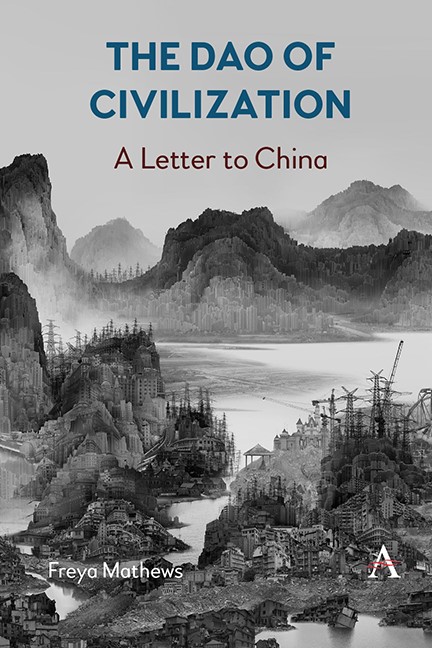Lecture 3 - But is holistic theory even possible? What does it mean to know the world holistically?
Published online by Cambridge University Press: 15 November 2023
Summary
Why Has the Dissective Tendency Been So Persistent in the West?
In Lecture 2, I proposed living cosmos panpsychism as a holistic alternative to the dissective outlook of modern science with its dissociating implications for our relationship with nature. But in fact, holistic versions of panpsychism have figured significantly in the Western tradition; Spinoza is a prominent case in point. Yet such theories have always remained outriders to the main intellectual traditions, both in philosophy itself and in the cultural mainstream. In the modern period – by which I mean from the time of the Scientific Revolution in the seventeenth century – the West has, as we have seen, adhered very strongly to its dissective presupposition, a presupposition that rules out the possibility of intrinsic normativity, or Law, in nature. In consequence, our attitude of dominate-and-control with respect to the natural world has only continued to gain strength.
So perhaps merely coming up with a theory that conforms to holism and thereby seeks to supersede our old dissective or atomizing habits of thinking will not enable us to check this stubborn tendency. It might in addition be necessary to scrutinize why these dissective or atomizing habits of thought have become so entrenched. Is there something not just in what we think but about the way we think that disposes us to see the world in these divide-and-rule terms?
I shall suggest that there is and that to understand this disposition we need to dig down beneath the explicit content of theories and examine the underlying thought processes that are involved in the mental production of theory itself. We need, in other words, to examine the phenomenology of theorizing – to ask ourselves what it feel like, subjectively, when we are theorizing. When the phenomenology of theorizing is examined in this way, we shall discover that the theoretical mode of cognition, which had its origins in the philosophy of ancient Greece, in fact enacts an inner disjunction between subject and object that then endlessly plays itself out as a divisive tendency in the theories it spawns, a tendency that ultimately cancels out the possibility of a holistic worldview.
- Type
- Chapter
- Information
- The Dao of CivilizationA Letter to China, pp. 45 - 60Publisher: Anthem PressPrint publication year: 2023

